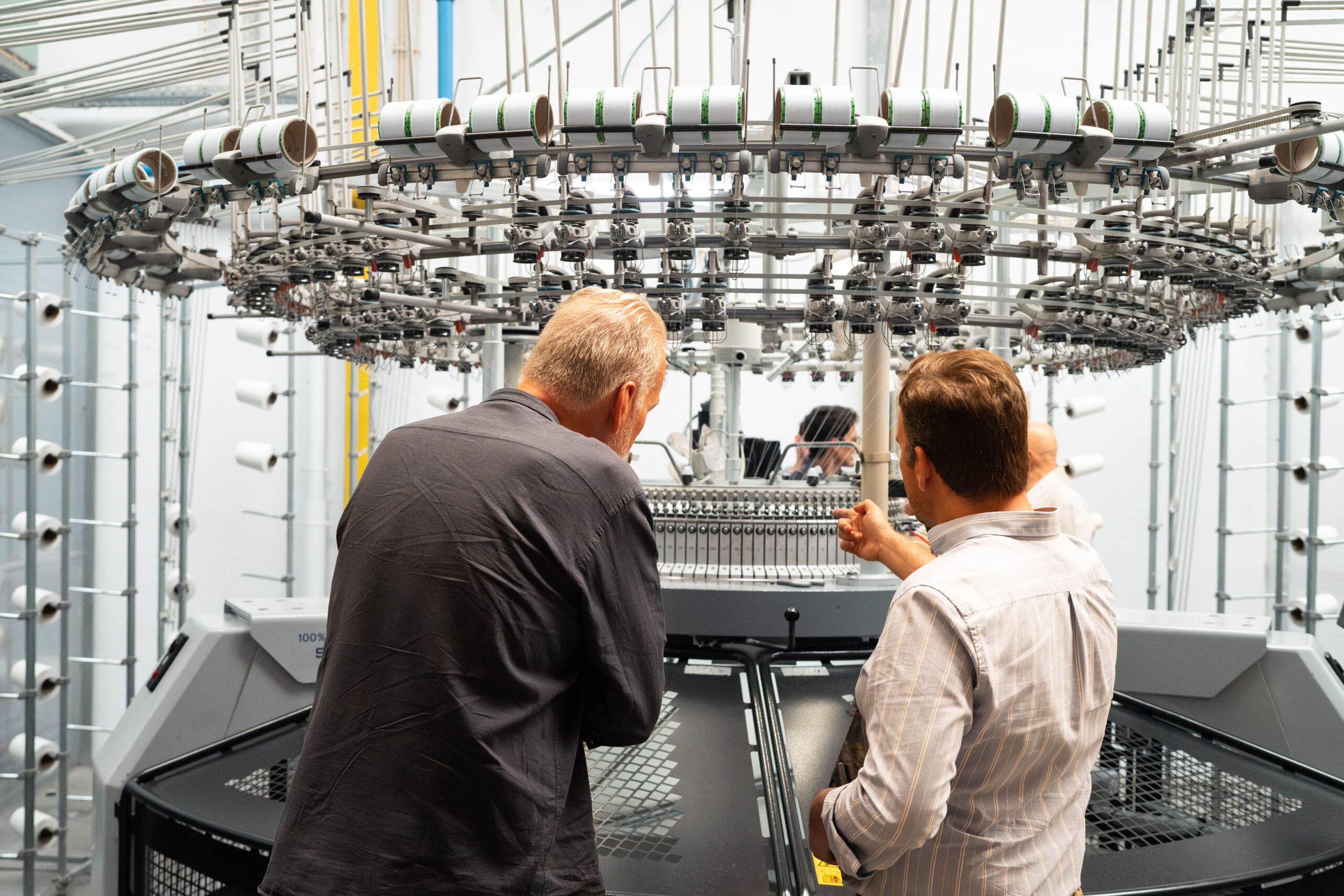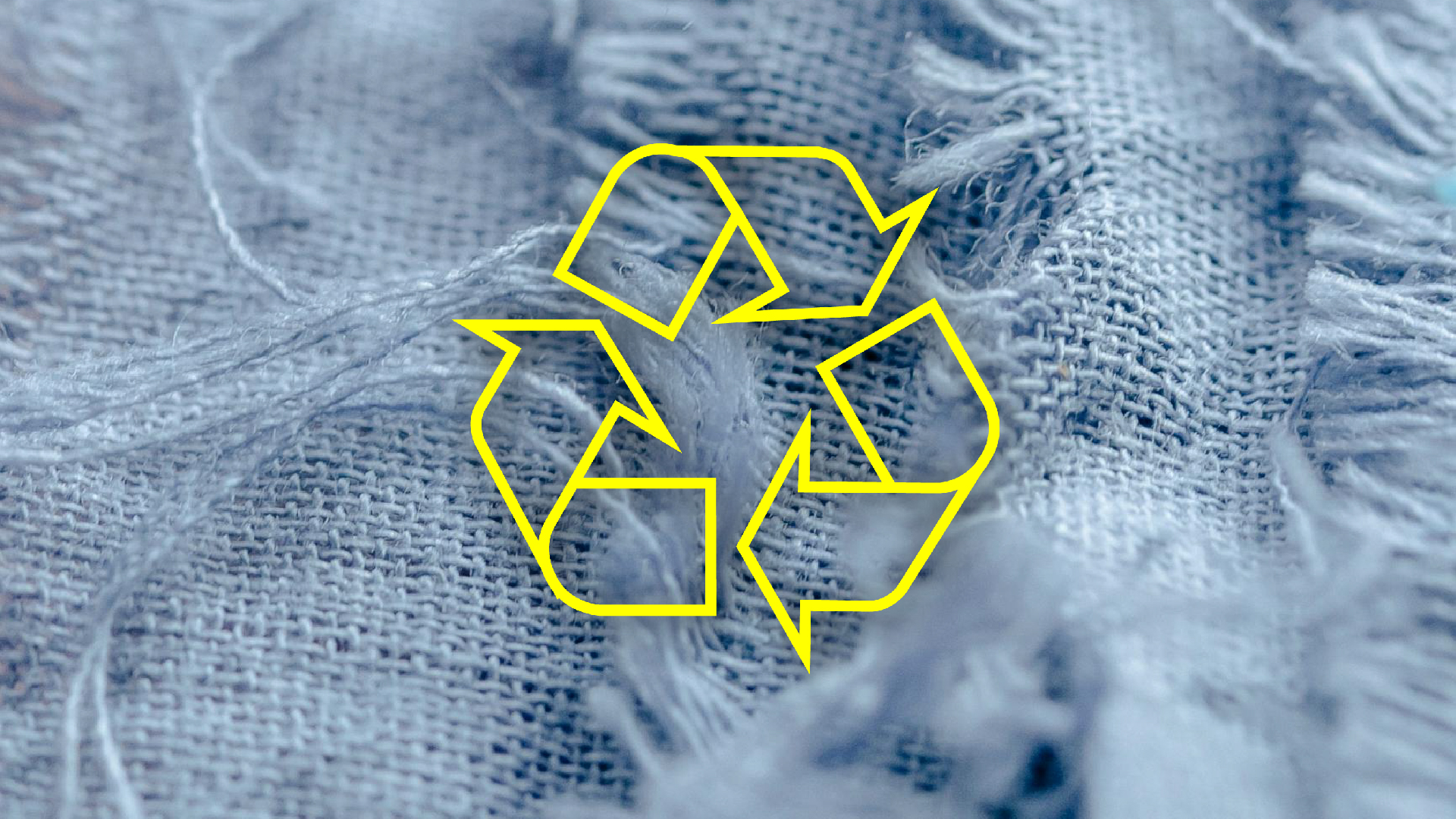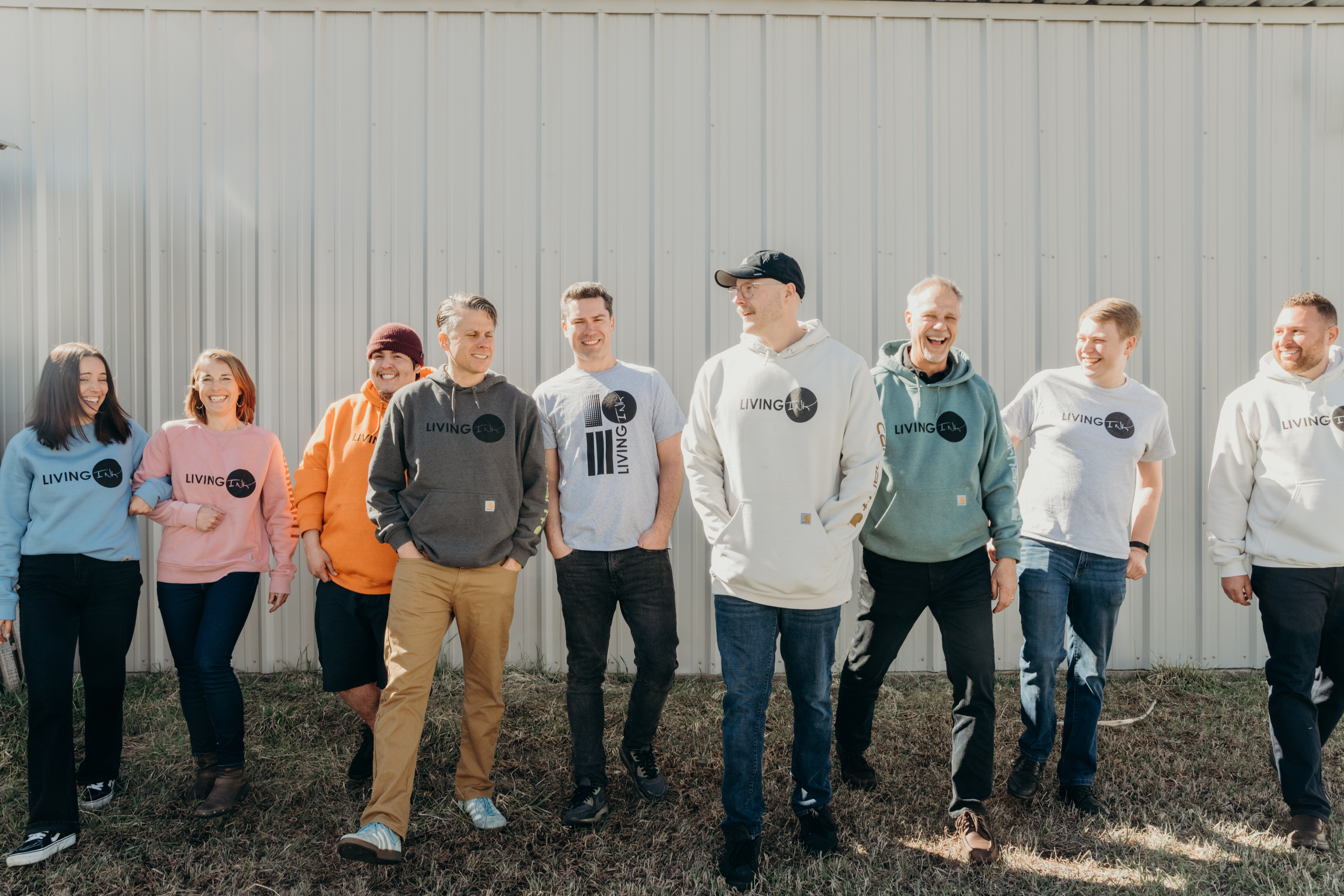Leading NGOs unite as the Fashion Conveners to Accelerate Sustainable Transformation of the Apparel and Accessory Industry
31 August 2020
AMSTERDAM- Apparel Impact Institute (Aii), Fashion for Good (FFG), Global Fashion Agenda (GFA), Fashion Makes Change (FMC), Responsible Business Coalition at Fordham University (RBC), Sustainable Apparel Coalition (SAC), Textile Exchange (TE), Fashion Industry Charter for Climate Action, and ZDHC announce a new collaboration.
The industry’s leading subject matter experts have united as the Fashion Conveners. Spurred by the vulnerabilities the global pandemic brought forward, the group recognises the urgency to accelerate the transformational changes needed to reduce the environmental and social impacts across fashion.
The Fashion Conveners will function as a global coalition, working individually and collectively to accelerate action through high-level partnerships, developing strategies and initiatives across the various sub-sectors of industry.
Contributing nearly 3% of the global GDP, fashion’s long-term success is wholly dependent on a healthy planet and people, the security of natural resources, and the safety, health, and prosperity of its workforce and their communities. COVID 19 only further exposed the fragility of our industry’s value chain, yet also served as evidence of the power of environmental, social and governance (ESG) practices into action – a veritable proof of concept demonstrating that a more sustainable industry is a more resilient industry, capable of healing the planet and better supporting its people.
Collectively recognising the importance of setting an ambitious vision to drive change and action, the Fashion Conveners work to support common organisational agendas, avoid duplicative efforts, and holistically drive the industry’s progress along a journey of continuous and rapid improvement. While maintaining individual goals and independence, the organisations are aligning on key metrics, frameworks, performance standards, and their support for the delivery of the United Nations Sustainable Development Goals.
Leveraging shared knowledge, skills, data, research, and networks, the Fashion Conveners are focused on harnessing the power of the group’s subject matter expertise, creativity, innovation, and economies of scale to catalyse action with companies, brands, and strategic partners, provide resources, support each other’s policy efforts, and accelerate the industry’s adoption of more sustainable and ultimately regenerative practices.
For more information, visit FashionConveners.org or contact Maggie Kervick at MKervick1@fordham.edu
Other Articles

In conversation with Smartex: Explore Smartex’s AI-driven solutions transforming quality control and reducing waste

Fashion for Good and Textile Exchange Team Up to Trace Textile Waste

